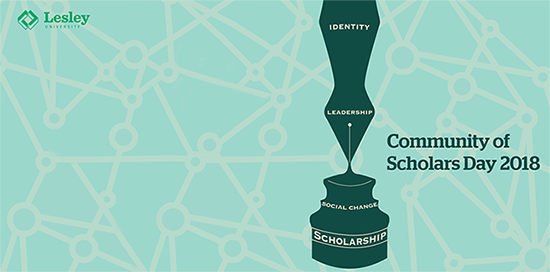Abstract
This paper is based on the experiences and reflections of the instructor and the student in the social justice doctoral-level course. Graduate-level social justice classes provide students with valuable knowledge on how power, privilege, and oppression operate in the society and its impact on individuals and communities (Boutain, 2008; Garii & Appova, 2013; Mohammed, Cooke, Ezeonwu, & Stevens, 2014; Motulsky, Gere, Saleem, & Trantham, 2014). At the same time, the scholarly material covered in the social justice classes can serve as a powerful catalyst for examining one’s personal identity (Farnsworth, 2010), thus contributing to students’ identity development (Izadinia, 2013; Trent, 2010). Because of the espoused values of a social justice class, one may assume that social justice courses would be inclusive and foster identity exploration of all students (Banks, 2004). In contrast, the authors found that the course fostered US-centric perspectives on identity, specifically race, class, and gender, functioning to reify a U.S. dominant narrative (Apple, 2010), thereby marginalizing perspectives that did not align with the dominant narrative, such as those espoused by international, immigrant, and third-culture students. The authors, the instructor and a student in the course, argue that global perspectives should be included in conversations of social justice to enhance scholarly development, practical knowledge, and identity development of all students including U.S. born-citizens and international students.
Start Date
28-3-2018 10:10 AM
End Date
28-3-2018 11:00 AM
Presentation Type
Paper
Disciplines
Bilingual, Multilingual, and Multicultural Education | Curriculum and Social Inquiry | Educational Leadership
Full Text of Presentation
wf_yes
Included in
Bilingual, Multilingual, and Multicultural Education Commons, Curriculum and Social Inquiry Commons, Educational Leadership Commons
Global Perspectives in the US Social Justice Classes: Impact on Identity
U-Hall 3-089
This paper is based on the experiences and reflections of the instructor and the student in the social justice doctoral-level course. Graduate-level social justice classes provide students with valuable knowledge on how power, privilege, and oppression operate in the society and its impact on individuals and communities (Boutain, 2008; Garii & Appova, 2013; Mohammed, Cooke, Ezeonwu, & Stevens, 2014; Motulsky, Gere, Saleem, & Trantham, 2014). At the same time, the scholarly material covered in the social justice classes can serve as a powerful catalyst for examining one’s personal identity (Farnsworth, 2010), thus contributing to students’ identity development (Izadinia, 2013; Trent, 2010). Because of the espoused values of a social justice class, one may assume that social justice courses would be inclusive and foster identity exploration of all students (Banks, 2004). In contrast, the authors found that the course fostered US-centric perspectives on identity, specifically race, class, and gender, functioning to reify a U.S. dominant narrative (Apple, 2010), thereby marginalizing perspectives that did not align with the dominant narrative, such as those espoused by international, immigrant, and third-culture students. The authors, the instructor and a student in the course, argue that global perspectives should be included in conversations of social justice to enhance scholarly development, practical knowledge, and identity development of all students including U.S. born-citizens and international students.



